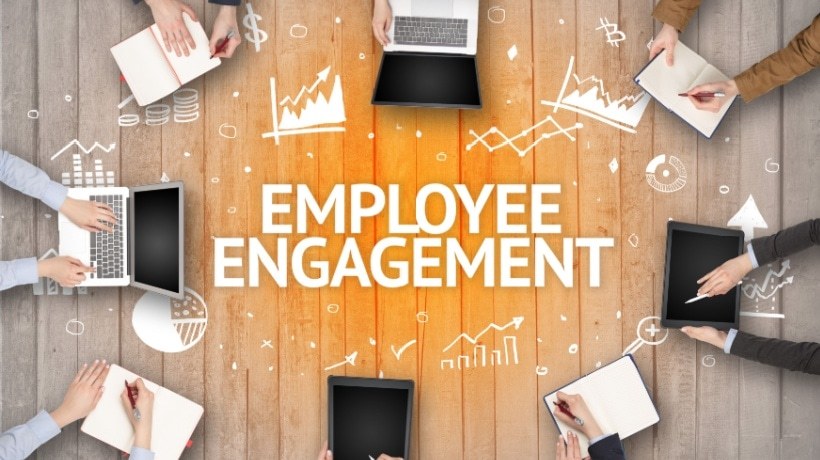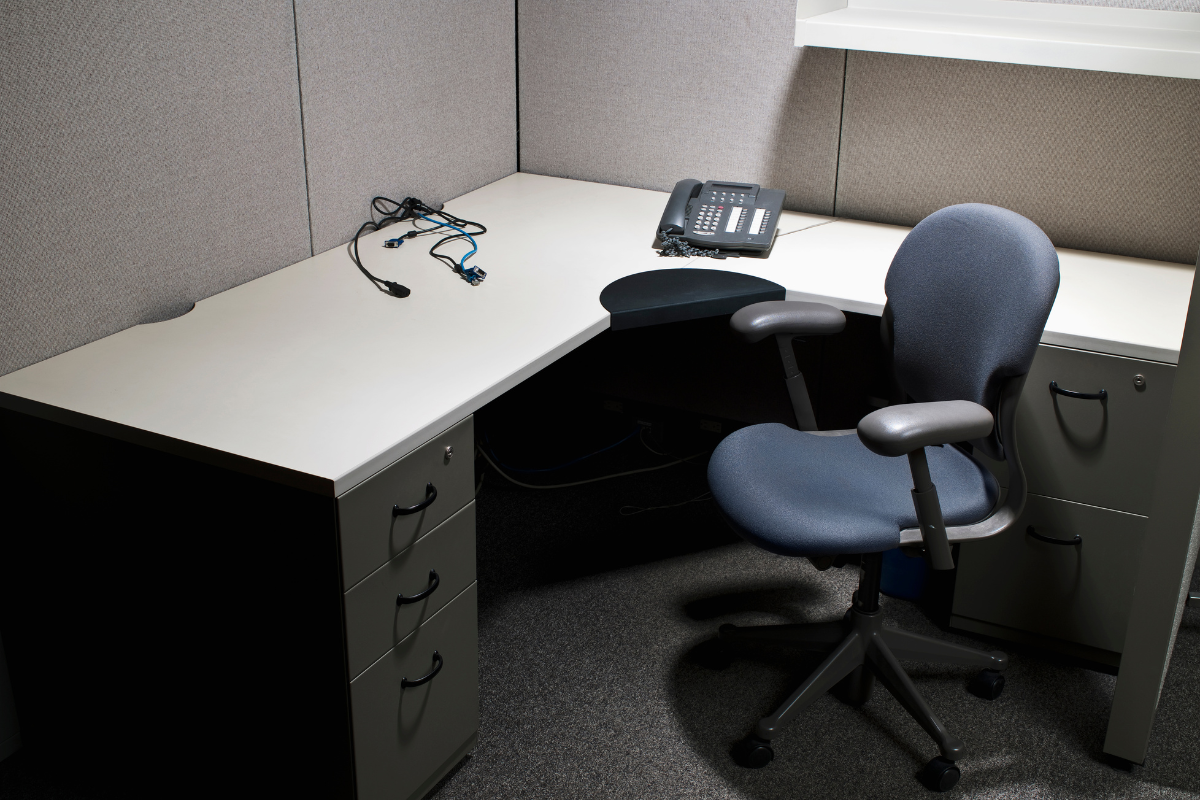fromNonprofit Quarterly | Civic News. Empowering Nonprofits. Advancing Justice.
1 week agoThe Missing Discipline: How Organization Design Can Align and Propel Justice-Committed Nonprofits | Nonprofit Quarterly | Civic News. Empowering Nonprofits. Advancing Justice.
For justice-centered leaders, there is a stubborn dichotomy between our genuine commitment to equity, inclusion, and alignment in our organizations on the one hand, and our continuing self-diagnosis of high levels of misalignment, conflict, and turnover on the other. Three years after Maurice Mitchell's seminal piece, " Building Resilient Organizations: Toward Joy and Durable Power in a Time of Crisis," rang the alarm of "urgent concerns about the internal workings of progressive spaces," the current discourse suggests that the needle has not moved much.























